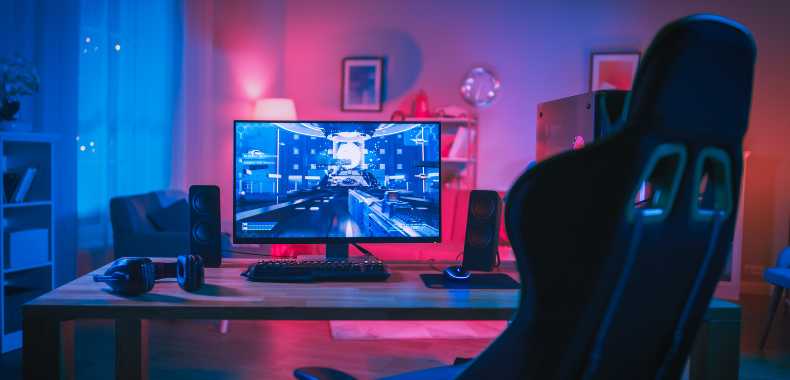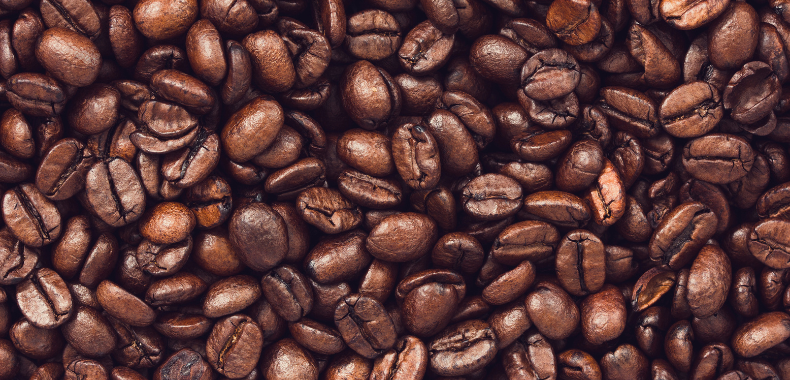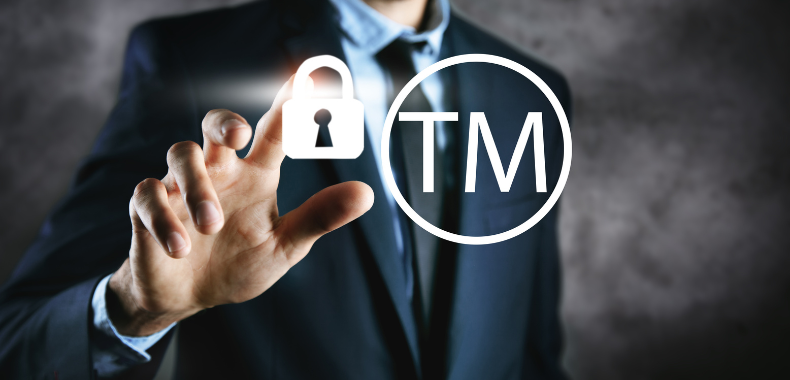Whats the importance of the trademark’s makert force?
The trademark is one of the most important assets a company might invest in, given the relativity of its intangible worth, which is defined by several external and market aspects, besides the elements and characteristics of the trademark itself.
Therefore, a strong trademark confers the company that owns it relevant value and possible leverage in negotiations in general, as mergers and acquisitions, since it makes part on the very company market value, generating direct impact on the transaction’s agreed price.
In order to achieve such advantage, the enterpreuner must watch out for the three main aspects that configure a strong trademark. They are: design, customer service and marketing.
Obviously, the design must be attractive to the clientele, in order to benefit the company expansion. Furthermore, there are certain precautions the enterpreuner must attend to for the best performance of the trademark in the market reality, such as intrinsic distinctiveness and highlighting among its competitors.

The same applies to the marketing campaigns, as well managed ones are a key factor the to trademark visibility, notoriety and prestige.
As we know, most companies came to realize that the customer service is increasingly becoming the determining factor for clients’ purchasing decision, as well as fidelity and the possibility of spreading the business quality.
By these means, we have that companies must strive for creating a strong trademark to assign its business, that should be able to attract and maintain the clientele, in order to add value to the company itself, granting possible leverage in all kinds of intercompany negotiatons.
—
Author: Enzo Toyoda Coppola, and Cesar Peduti Filho, Peduti Advogados.
Source: Qual a importância da marca em fusões e aquisições?
https://leouve.com.br/ultimas/qual-a-importancia-da-marca-em-fusoes-e-aquisicoes#:~:text=A%20marca%20pode%20influenciar%20positivamente,expandir%20e%20aumentar%20seus%20lucros.
—
“If you want to learn more about this topic, contact the author or the managing partner, Dr. Cesar Peduti Filho.”
“Se quiser saber mais sobre este tema, contate o autor ou o Dr. Cesar Peduti Filho.”












